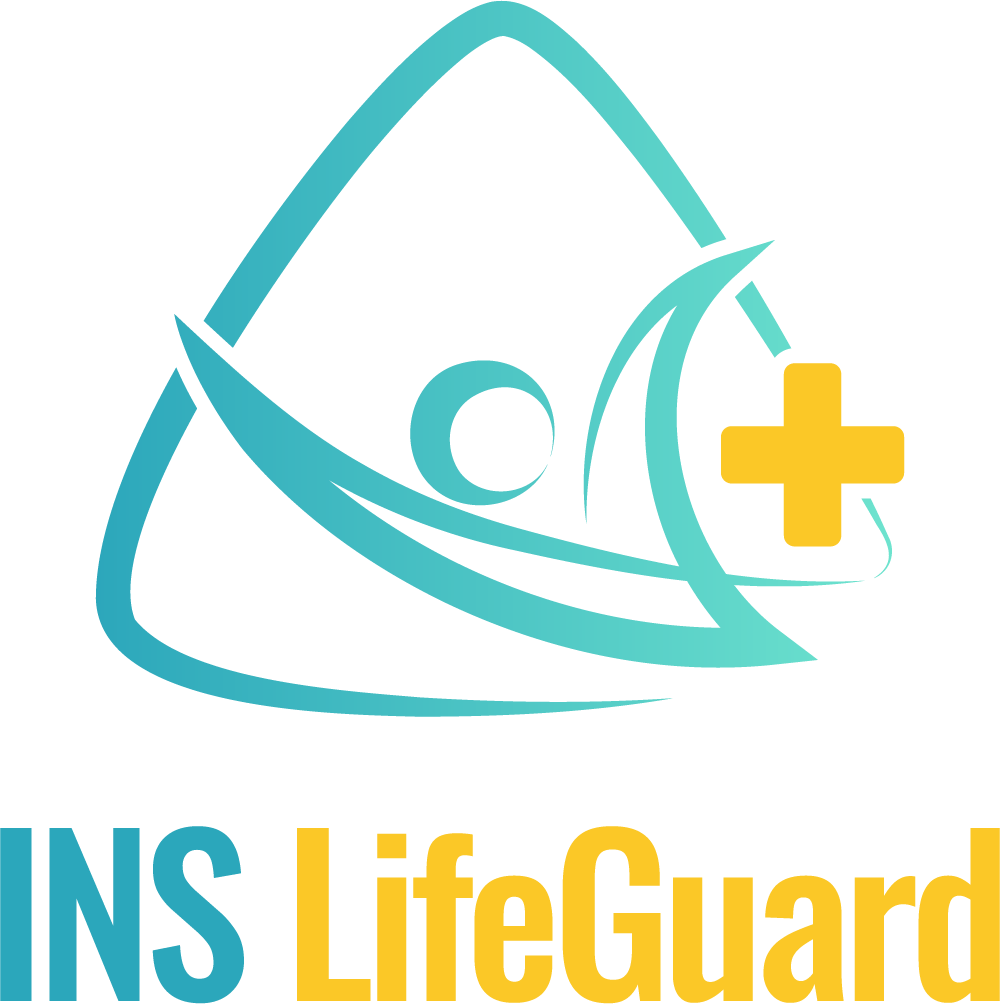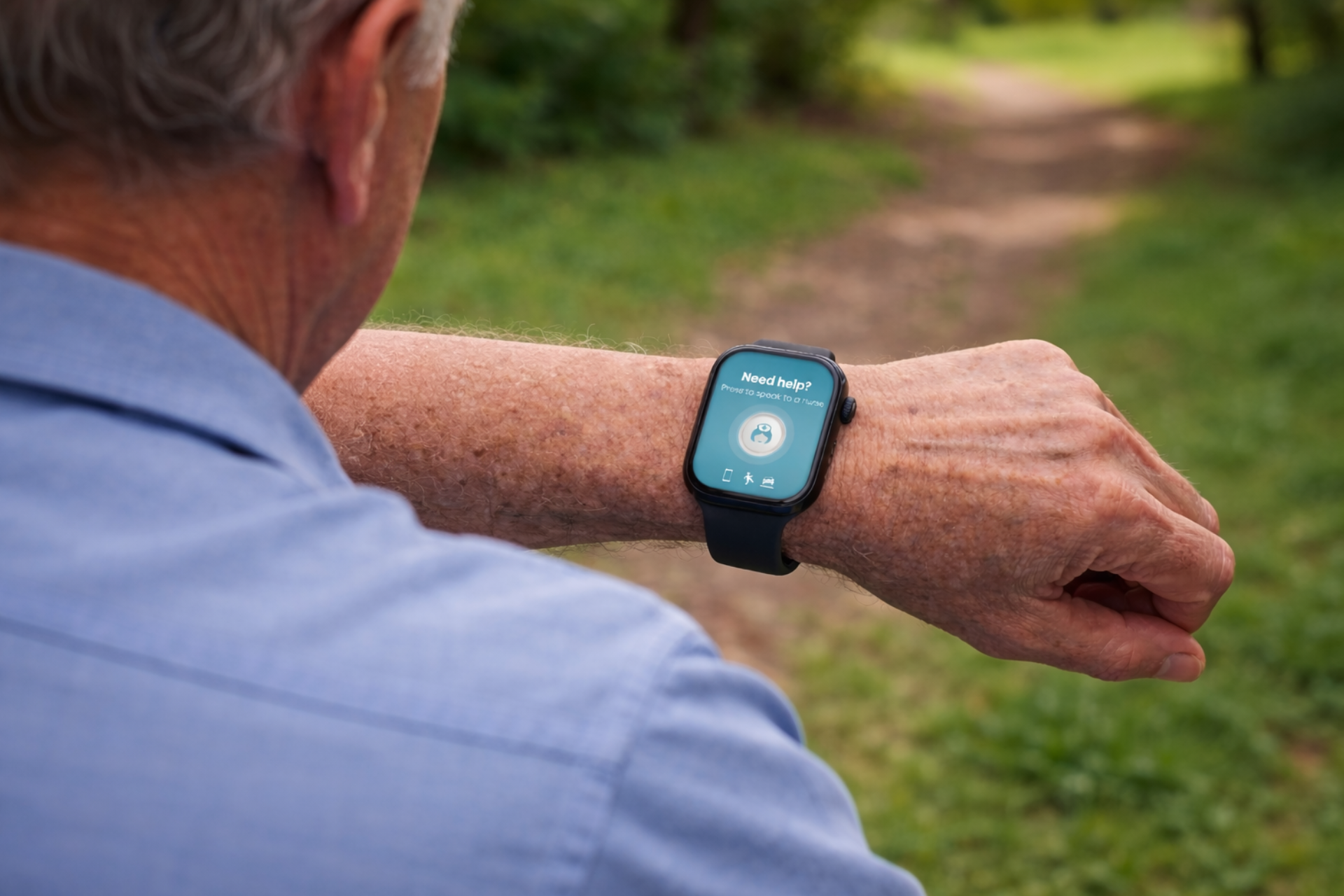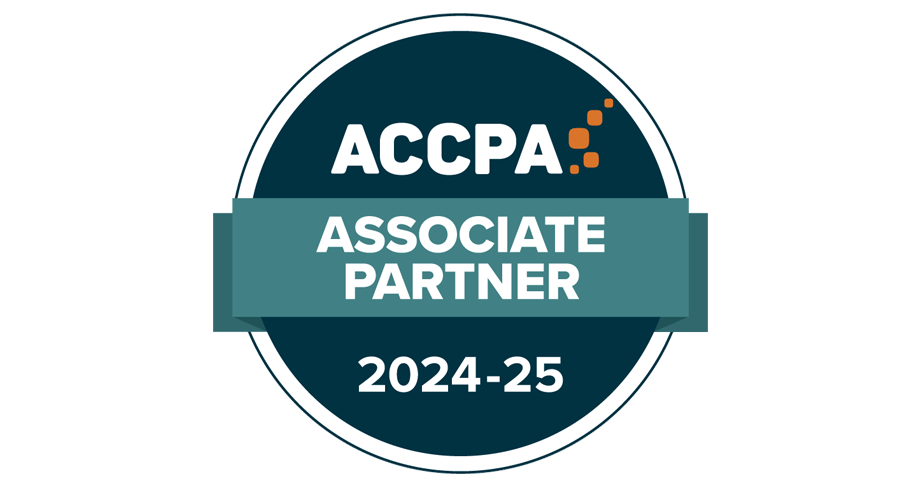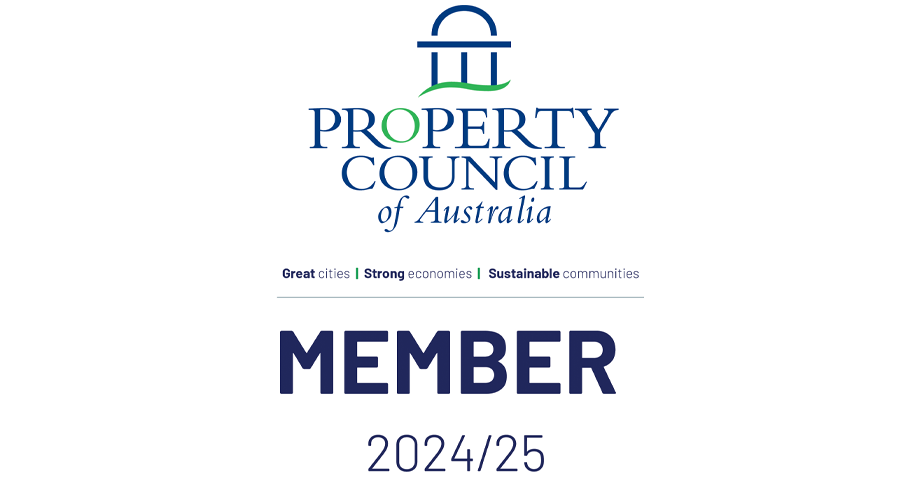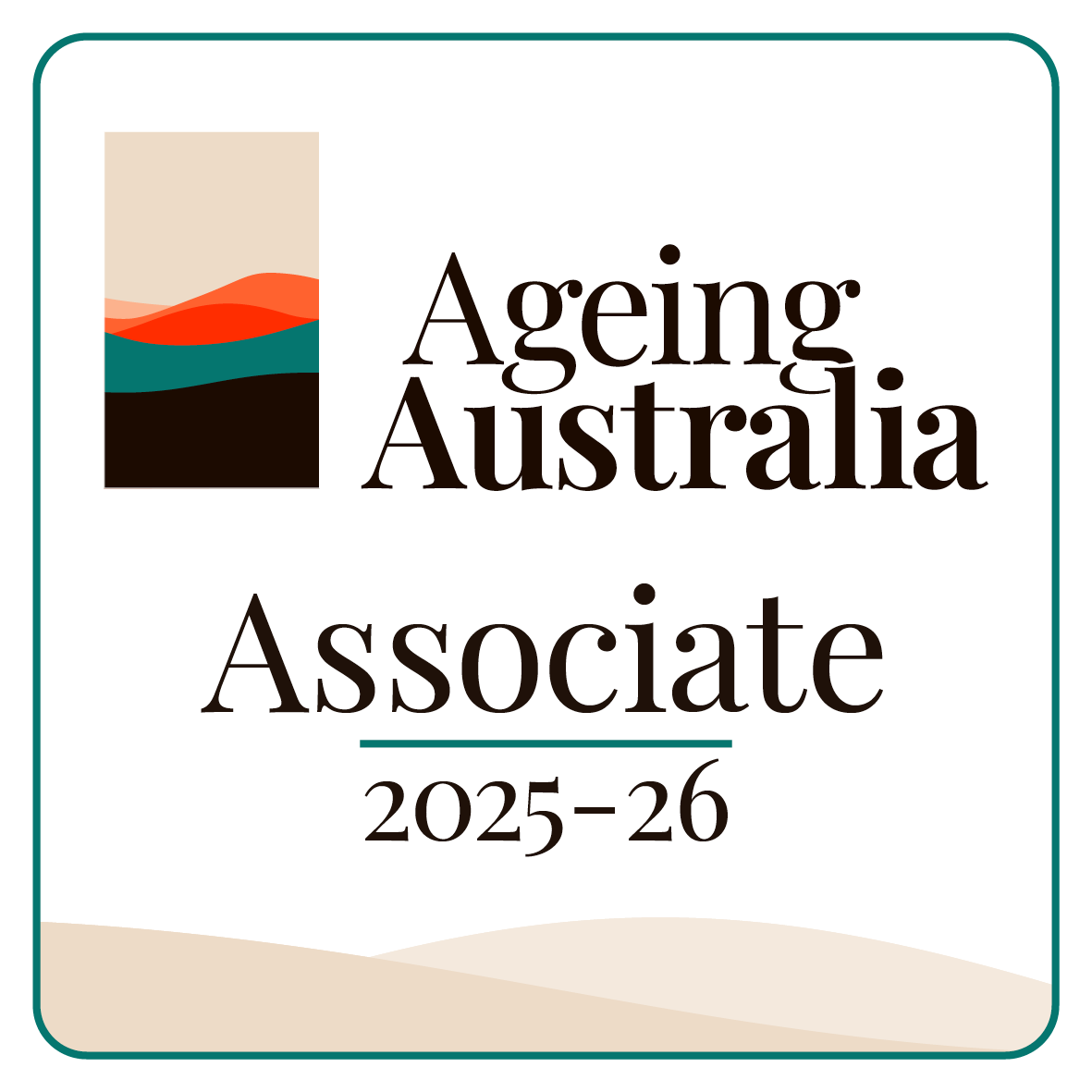Have a Question?
Understanding Sleep Apnea: Causes, Symptoms and Treatment
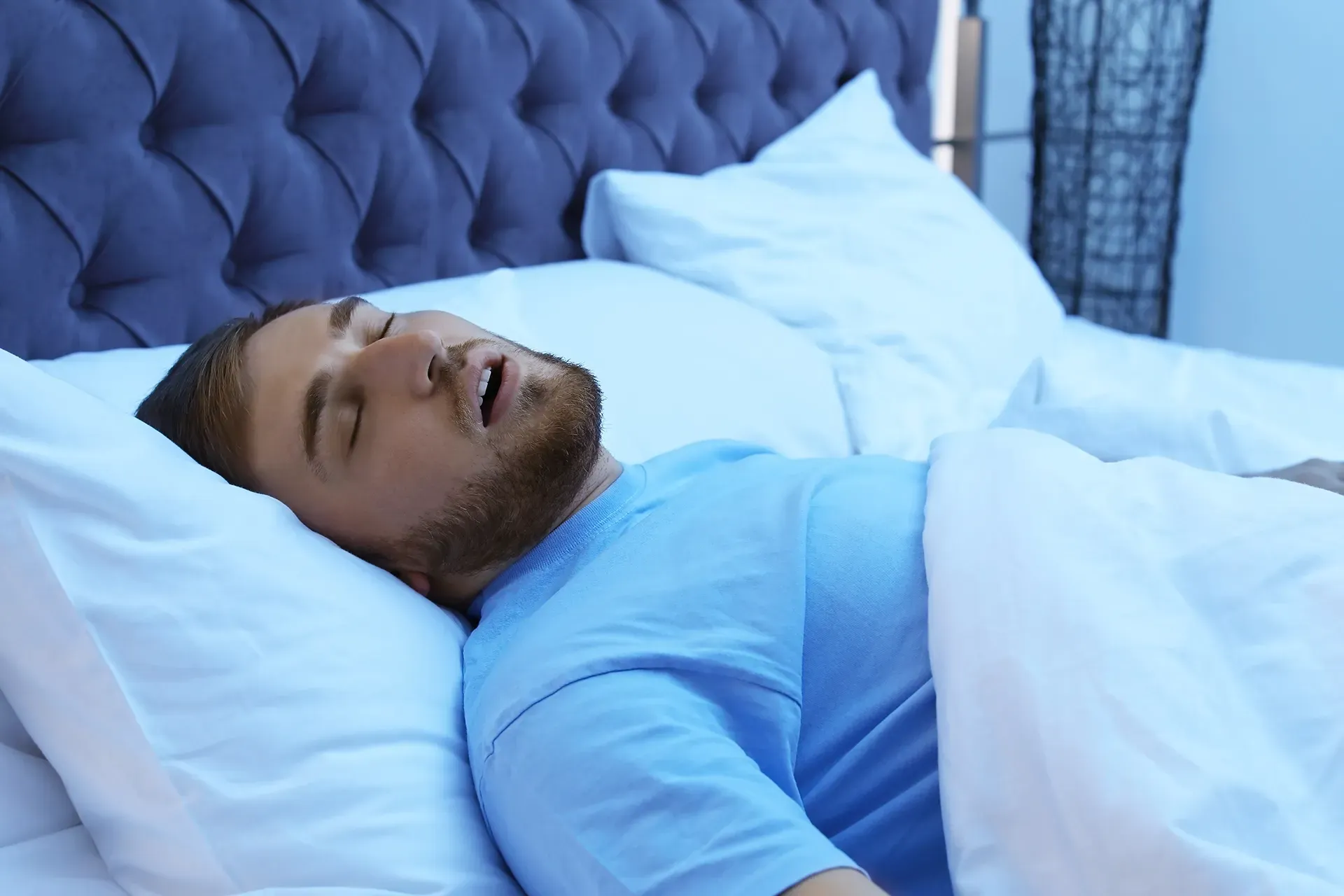
Sleep apnea is a common sleep disorder that affects millions of people worldwide, yet it often goes undiagnosed and untreated. Characterised by pauses in breathing during sleep, sleep apnea can have serious consequences for both physical and mental health. In this blog, we'll explore what sleep apnea is, its causes, symptoms and available treatment options.
What is Sleep Apnea?
Sleep apnea is a sleep disorder characterized by repetitive episodes of interrupted breathing during sleep. These pauses in breathing, known as apneas, can last for seconds to minutes and may occur multiple times throughout the night.
There are three main types of sleep apnea:
Obstructive Sleep Apnea (OSA)
This is the most common form of sleep apnea and occurs when the muscles in the throat relax excessively during sleep, causing the airway to become blocked or narrowed.
Central Sleep Apnea (CSA)
Central sleep apnea occurs when the brain fails to send the appropriate signals to the muscles that control breathing during sleep. Unlike OSA, there is no physical obstruction of the airway in CSA.
Mixed Sleep Apnea
Mixed sleep apnea is a combination of both obstructive and central sleep apnea, with characteristics of both types present.
Causes of Sleep Apnea
The underlying causes of sleep apnea vary depending on the type of sleep apnea:
Obstructive Sleep Apnea (OSA)
OSA is typically caused by anatomical factors such as excess weight, enlarged tonsils, a narrow airway, or structural abnormalities in the throat or jaw.
Central Sleep Apnea (CSA)
CSA is often associated with underlying medical conditions such as heart failure, stroke, brainstem disorders, or the use of certain medications.
Mixed Sleep Apnea
Mixed sleep apnea may result from a combination of anatomical factors and underlying medical conditions.
Symptoms of Sleep Apnea
- Loud snoring
- Pauses in breathing during sleep
- Gasping or choking sensations during sleep
- Excessive daytime sleepiness
- Morning headaches
- Difficulty concentrating
- Irritability or mood changes
- Frequent nighttime urination
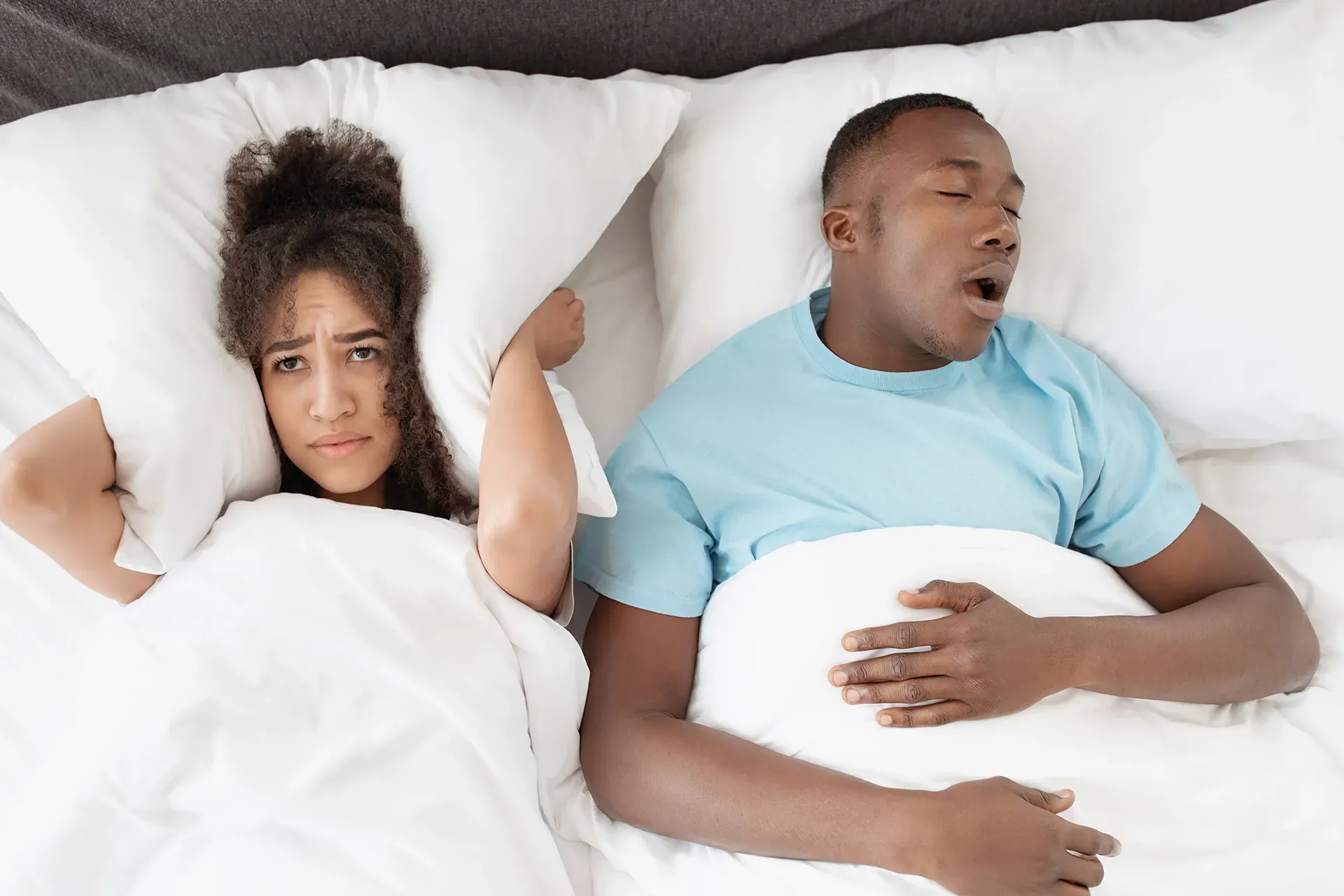
It's important to note that not everyone with sleep apnea experiences all of these symptoms, and the severity of symptoms can vary from person to person.
Treatment Options for Sleep Apnea
Treatment for sleep apnea depends on the type and severity of the condition:
Lifestyle Modifications
Making lifestyle changes such as losing weight, quitting smoking, avoiding alcohol and sedatives before bedtime, and sleeping on your side can help reduce the severity of sleep apnea symptoms.
Continuous Positive Airway Pressure (CPAP) Therapy
CPAP therapy is the most common treatment for obstructive sleep apnea. It involves wearing a mask connected to a machine that delivers a continuous flow of air to keep the airway open during sleep.
Oral Appliances
Oral appliances, such as mandibular advancement devices, can help keep the airway open by repositioning the jaw and tongue during sleep. These devices are custom-made by a dentist and may be recommended for mild to moderate cases of sleep apnea.
Surgery
In some cases, surgery may be recommended to remove excess tissue from the throat, reposition the jaw, or correct structural abnormalities that contribute to sleep apnea.
Symptoms and Dangers of Uncontrolled Sleep Apnea
Sleep apnea can affect anyone, with about 5% of Australians impacted. It's particularly common among men over 30, with 1 in 4 affected—about three times more than women in the same age group. The disorder can have serious consequences, including links to heart disease, diabetes, unexplained fatigue, and mood swings due to disrupted sleep. Recognising the symptoms and understanding the risks are the first steps toward effective management.
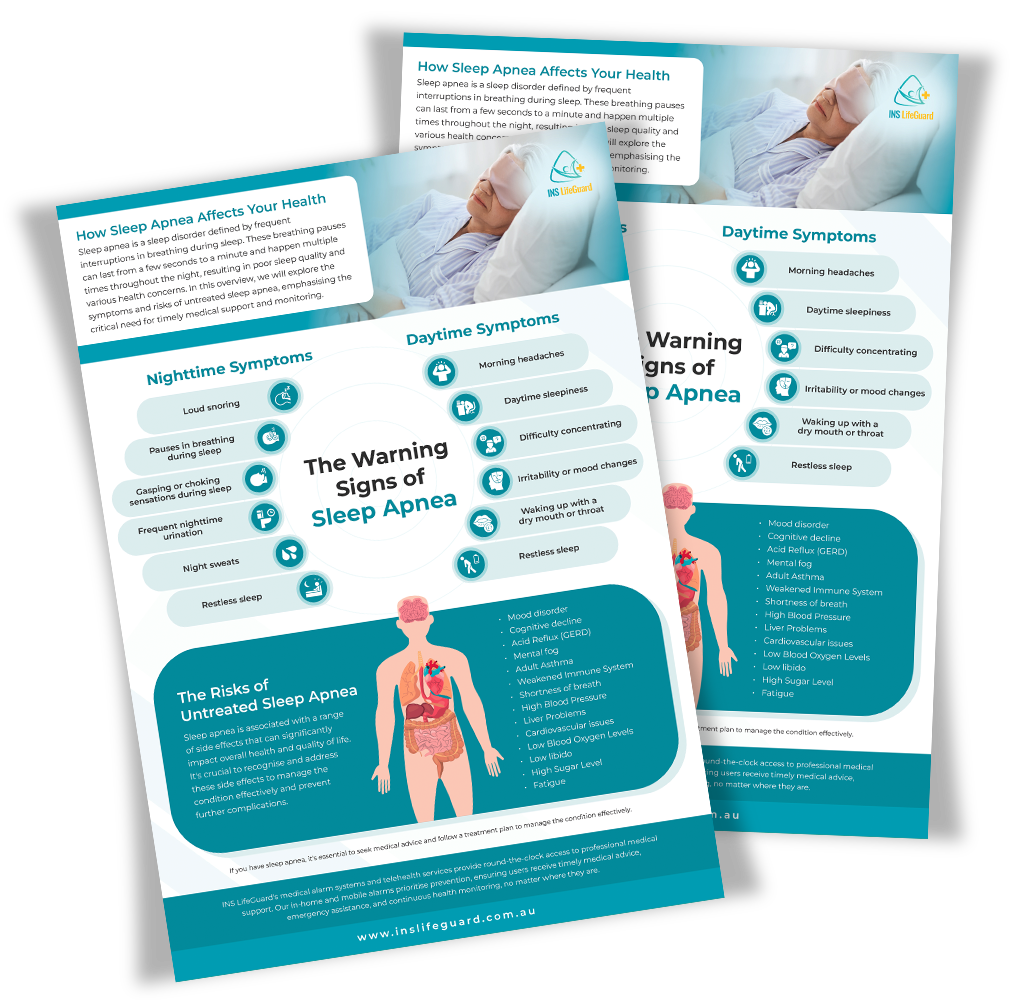
Conclusion
Sleep apnea is a common sleep disorder that can have serious consequences for physical and mental health if left untreated. By understanding the causes, symptoms, and available treatment options for sleep apnea, individuals can take proactive steps to manage their condition and improve their quality of life. If you suspect you or a loved one may have sleep apnea, it's essential to seek medical evaluation and treatment from a qualified healthcare provider. With proper care and management, sleep apnea can be effectively treated, allowing individuals to enjoy restful and rejuvenating sleep for optimal health and well-being.

About
INS LifeGuard is the only 24/7 nurse on-call personal and medical monitoring in Australia. We provide monitoring technology for both in the home and on the go and can also monitor other provider's equipment. Our services are suitable for anyone wanting support to stay independent such as the elderly, those with medical conditions and disabilities plus enhancing safety and security for lone workers.
